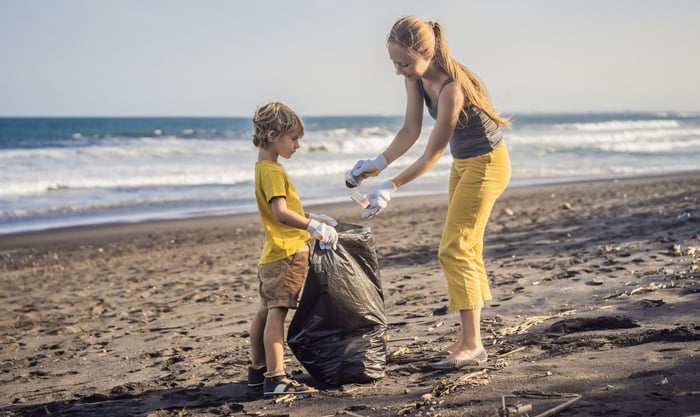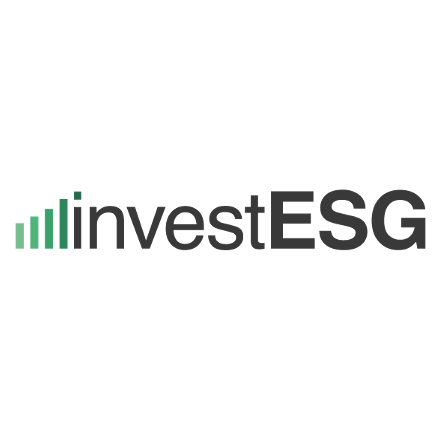INSIGHT by UNEP

Plastic pollution could reduce by 80 per cent by 2040 if countries and companies make deep policy and market shifts using existing technologies, according to a new report by UN Environment Programme (UNEP). The report was released ahead of a second round of negotiations in Paris on a global agreement to beat plastic pollution, and outlines the magnitude and nature of the changes required to end plastic pollution and create a circular economy.Turning off the Tap: How the world can end plastic pollution and create a circular economy is a solutions-focused analysis of concrete practices, market shifts, and policies that can inform government thinking and business action.“The way we produce, use and dispose of plastics is polluting ecosystems, creating risks for human health and destabilizing the climate,” said Inger Andersen, UNEP Executive Director. “This UNEP report lays out a roadmap to dramatically reduce these risks through adopting a circular approach that keeps plastics out of ecosystems, out of our bodies and in the economy. If we follow this roadmap, including in negotiations on the plastic pollution deal, we can deliver major economic, social and environmental wins.” Market shifts needed for the market transformation toward circularityTo slash plastic pollution by 80 per cent globally by 2040, the report suggests first eliminating problematic and unnecessary plastics to reduce the size of the problem. Subsequently, the report calls for three market shifts – reuse, recycle and reorient and diversify products:
aboutUNEP is the leading global voice on the environment. It provides leadership and encourages partnership in caring for the environment by inspiring, informing and enabling nations and peoples to improve their quality of life without compromising that of future generations. All opinions expressed are those of the author and/or quoted sources. investESG.eu is an independent and neutral platform dedicated to generating debate around ESG investing topics.
- Reuse: Promoting reuse options, including refillable bottles, bulk dispensers, deposit-return-schemes, packaging take-back schemes etc., can reduce 30 per cent of plastic pollution by 2040. To realize its potential, governments must help build a stronger business case for reusables.
- Recycle: Reducing plastic pollution by an additional 20 per cent by 2040 can be achieved if recycling becomes a more stable and profitable venture. Removing fossil fuels subsidies, enforcing design guidelines to enhance recyclability, and other measures would increase the share of economically recyclable plastics from 21 to 50 per cent.
- Reorient and diversify: Careful replacement of products such as plastic wrappers, sachets and takeaway items with products made from alternative materials (such as paper or compostable materials) can deliver an additional 17 per cent decrease in plastic pollution.
Read the full report
Turning off the Tap: How the world can end plastic pollution and create a circular economy
aboutUNEP is the leading global voice on the environment. It provides leadership and encourages partnership in caring for the environment by inspiring, informing and enabling nations and peoples to improve their quality of life without compromising that of future generations. All opinions expressed are those of the author and/or quoted sources. investESG.eu is an independent and neutral platform dedicated to generating debate around ESG investing topics.

